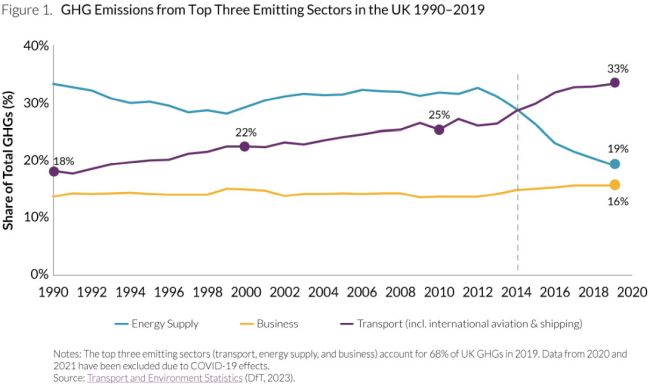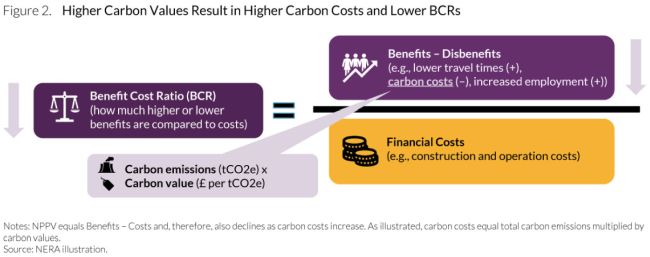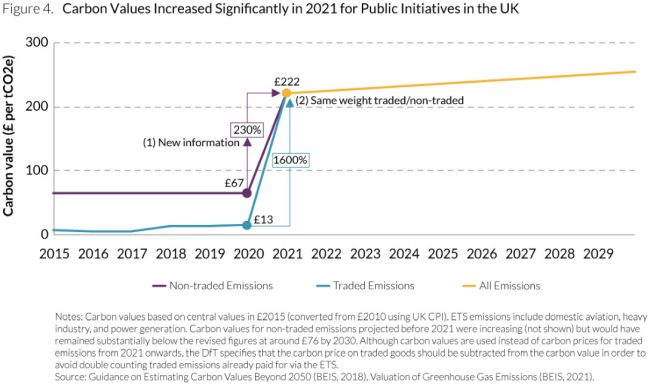- within Strategy, Employment and HR, Litigation and Mediation & Arbitration topic(s)
- with Senior Company Executives and HR
- in Middle East
- with readers working within the Insurance, Healthcare and Utilities industries
The transport sector is the largest contributor to greenhouse gas emissions in many countries, and its share in national emissions has increased substantially over time (see Figure 1). Governments play a prominent role in approving, financing, regulating, and operating national transport systems. Therefore, it is important to understand how policymakers decide which projects, policies, and programs are implemented and whether the impacts of these initiatives are aligned with the net zero agenda.

Carbon values attempt to account for the societal costs of emitting carbon during construction and operation and are a primary mechanism to influence project appraisal and the decision-making process (see Figure 2). As the values assigned to carbon emissions change over time, such as the significant increase in the UK in 2021 (see Figure 4), it is crucial to consider how these changes impact the evaluation and approval of government-funded projects.


In this white paper, Managing Director Daniel Hanson, Senior Consultant/Principal Francis Ostermeijer, and Research Officer Margot Cintract provide insights on:
- The measurement of carbon values and their inclusion in Cost Benefit Analyses (CBAs);
- The recent increase in carbon values in the UK; and
- The impact of these changes on metrics such as the Net Present Public Value (NPPV) and Benefit Cost Ratio (BCR), which are used to assess the economic viability of transport projects.
The authors illustrate their points using the UK's A14 highway improvement scheme between Cambridge and Huntingdon. They find that accounting for higher carbon values would have resulted in the project providing "Low" public value for money (as compared to the initial "Medium" value for money assessment).
These findings indicate the recent increase in carbon values in the UK has had a substantial impact on the evaluation process, particularly for transport projects with high carbon costs. This suggests a potential need for re-evaluation to ensure accurate decision making in light of evolving carbon values.
To view the article in full click here
The content of this article is intended to provide a general guide to the subject matter. Specialist advice should be sought about your specific circumstances.



